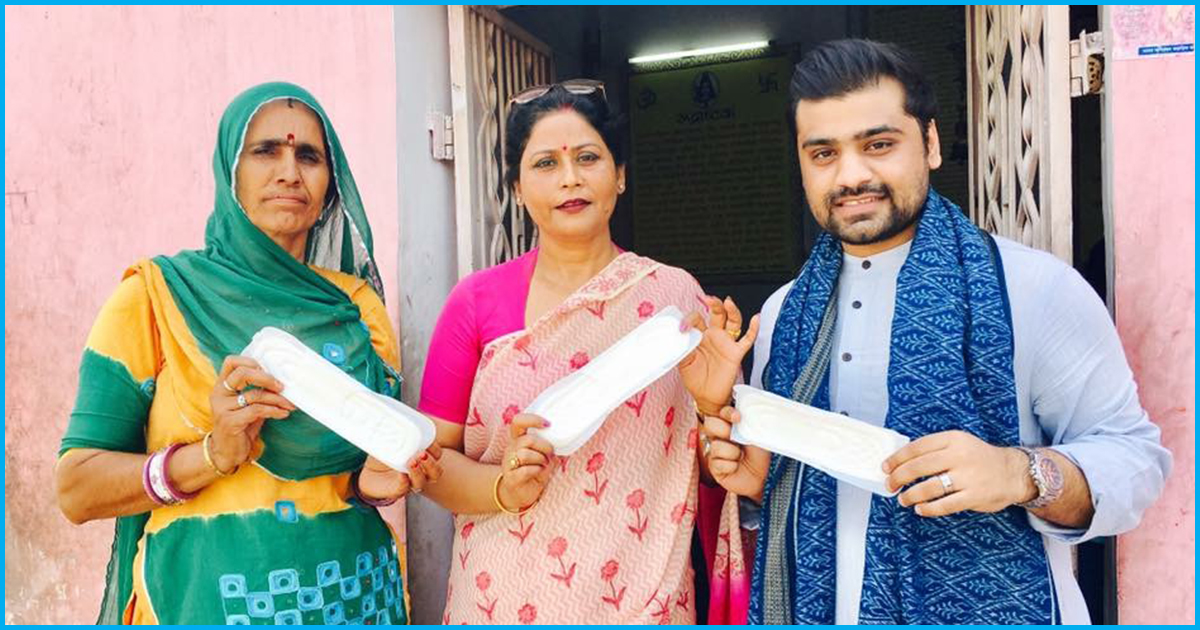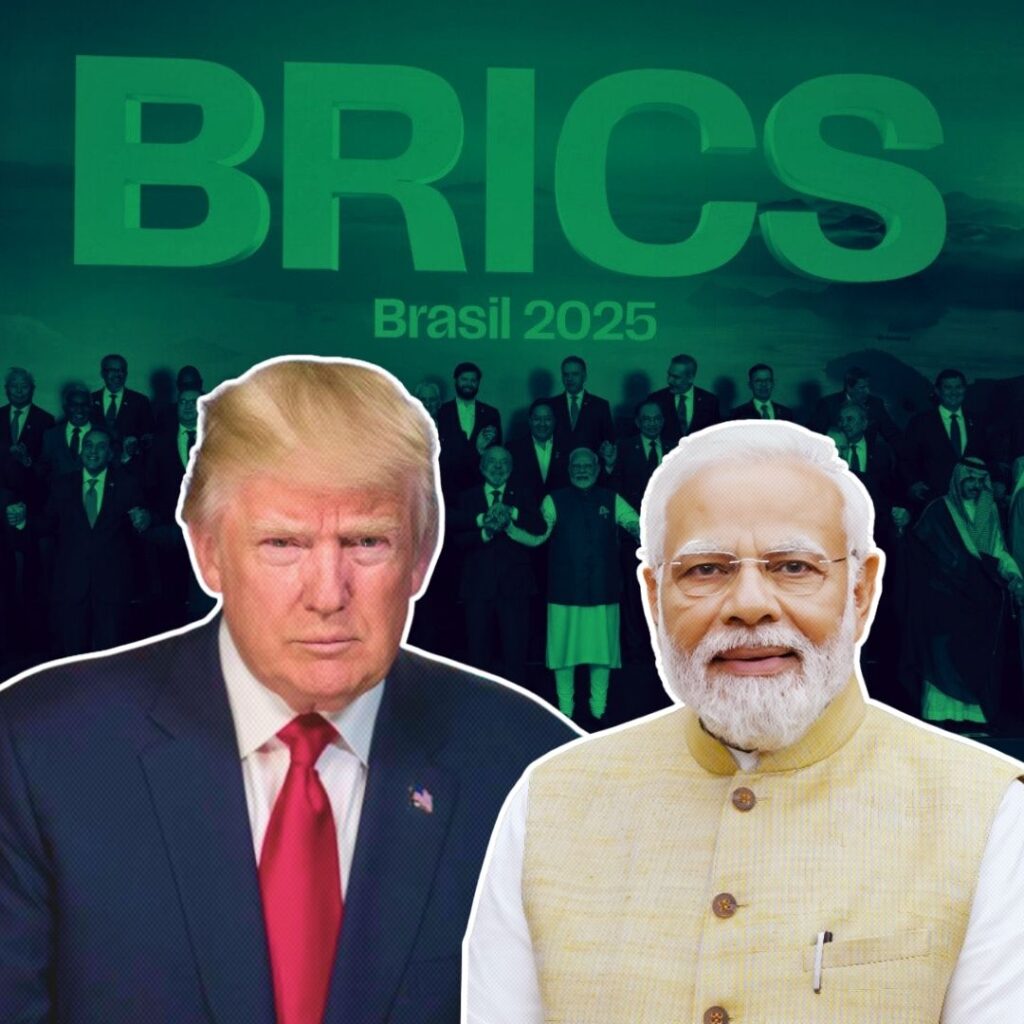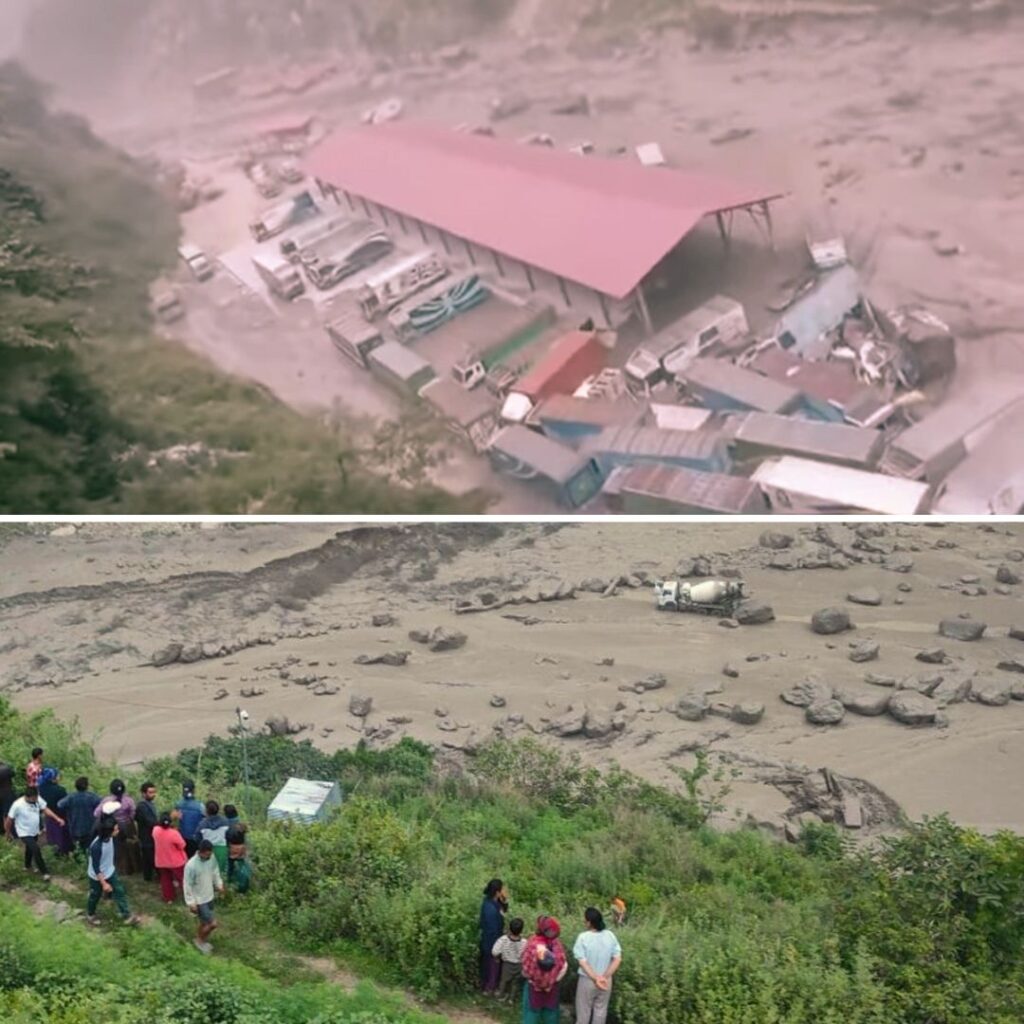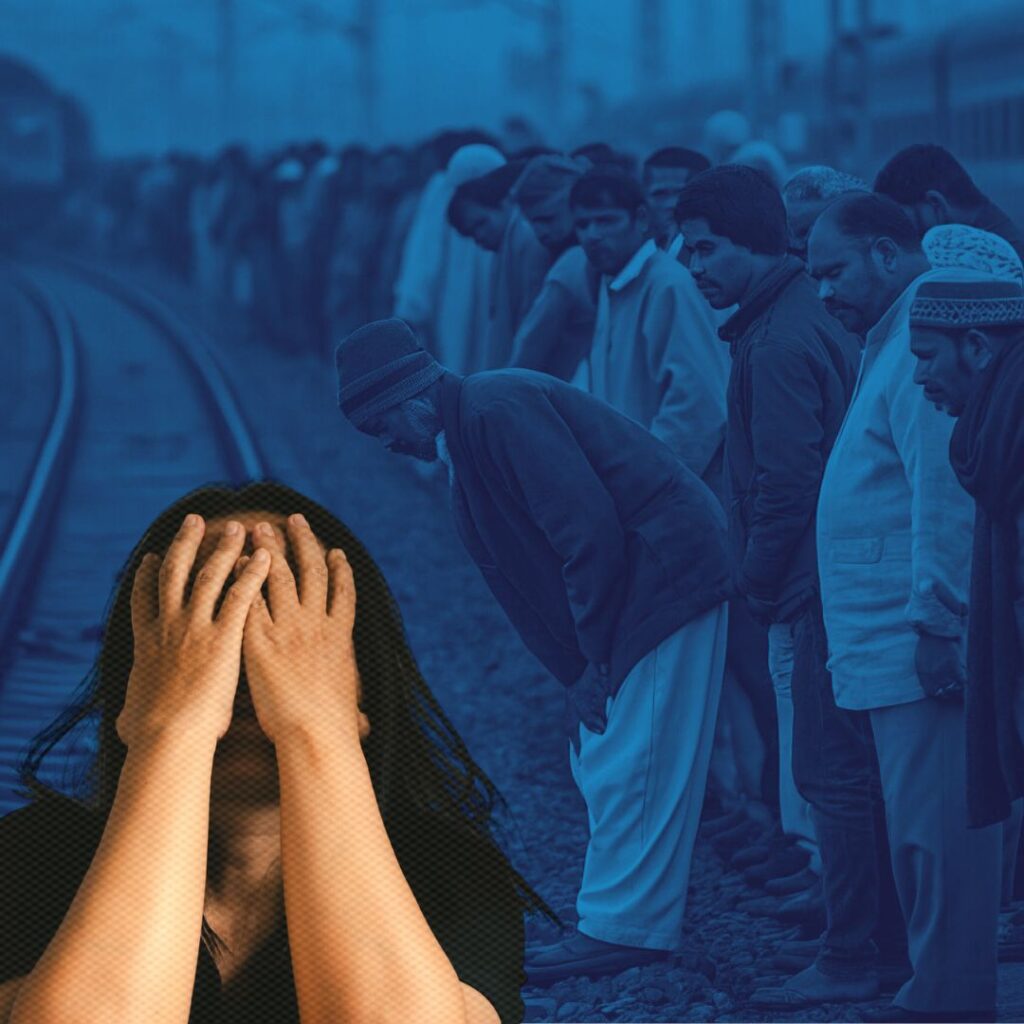“Aapko bhi hota hai kya?” (Does this also happen to you?) asked a 40-something-year old woman from Rajasthan to Anurag Chauhan. The man, in his early 20s, was for sure taken aback at such an appalling question.
Anurag and his team were at a village in Rajasthan, far away from the bustling noises of the city, trying to educate women and young girls on menstruation and menstrual hygiene — a topic of discussion which at best takes places inside closed doors under hushed tones. While everyone in that gathering laughed at the woman’s question, it struck a deep chord in Anurag’s mind. He realised that many women in Indian’s hinterlands are still unaware and uneducated on the very topic of menstruation.
The conversation has not reached the grassroots
Speaking to The Logical Indian, 24-year-old Anurag Chauhan, founder of Humans For Humanity said, “While the conversation on menstruation has started to come to the fore, thanks to depictions in popular culture, I realised that the effect has not trickled down to the grassroots.” Simply put, discussions on menstrual hygiene and sanitation has yet again failed to touch the lives of those who reside in the country’s hinterlands.
The pilot project does more than just spread awareness.
While Anurag, right from a very young age was sensitized to the topic of menstruation, thanks to his family, it didn’t take much time for him to realise that the situation is not the same everywhere. “I have come across women and girls who have said that they use ash, jute and dry leaves when they bleed,” he said. As unhygienic as that may sound, it is the sad reality for a number of Indian women, still who either fail to afford acceptable menstrual hygiene products or it isn’t accessible to them.
Anurag, who has always invested his time doing social work, turned his focus on this issue which has been plaguing India. Thus, came WASH – Women, Sanitation, Hygiene, a project aimed at bringing awareness among menstruating women. With its headquarter in Dehradun, Anurag’s hometown, this self-governed and self-funded project has been running for about three years now.
Advocates of menstrual health
The pilot project does more than just spread awareness. It also provides women with eco-friendly sanitary napkins and at the same time, teaches them how to make it. He said, “The pads are handmade by rural women, school students who are in Classes X and above and college students.” The pads are made of cotton and sanitized recycled cotton clothes. Anurag said that while his pads are not at par with the ones manufactured by bigger brands, it’s still safer and better than ash, dry leaves and sand. The pads are then distributed free of cost among women and girls. After Dehradun, Delhi and Rajasthan, WASH has stepped into Maharashtra with its unique initiative.
Moreover, medical practitioners and doctors accompany the WASH volunteers to different towns and villages to spread a word about the biological reasons behind menstruation, hormonal changes, about various stages right from teenage to menopause, nutrition, etc. The organisation has around 1500 volunteers spread across the country who are working in their capacity to advocate menstrual health.
In 2018, WASH started Breaking The Bloody Taboo campaign where, as the name suggests, the Anurag and his team strive to strip women of the age-old taboos. During one such campaign in Rajasthan, the volunteers conducted a session inside a temple with women of menstruating age. In another session, Anurag handed over tulsi saplings to women and asked them to nurture the sapling for a month and then see the results.
Anurag said, “Women are told that they can’t go to temples or water a tulsi plant or touch pickle when they are menstruating.” His attempt with the new campaign is to eradicate these baseless taboos. WASH has a host of other projects lined up for the year which aims to advocate the same.
Several international and national studies have shown the dismal condition of menstrual hygiene in India. National Family Health Survey, 2015-16 data shows that out of the 166,064 rural women aged 15-24 years who were surveyed, 51.8% relied on unhygienic materials to manage their periods. The Logical Indian appreciates Anurag Chauhan’s efforts in attempting to break the ice and bring about a menstruation revolution among rural women in India.
Also Read: Pune: This NGO Recycles Old Clothes & Provides Free Cloth Pads To Tribal Women











